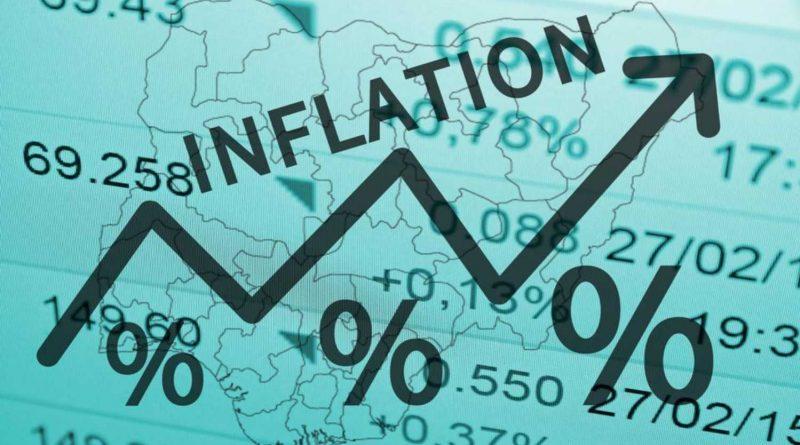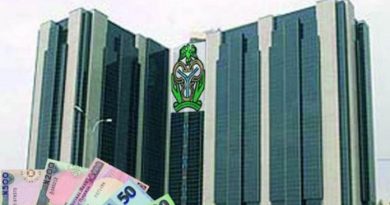2024-04-22T13:10:51Z
New cohort features companies innovating in areas including AI, Data Analytics, Automation, Estate Planning, and Embedded FinanceAccelerator program aims to foster digital solutions for wealth management industry
2024-04-22T13:00:00Z
London, England, April 22, 2024 (GLOBE NEWSWIRE) -- Internationally recognised expense management software provider, ExpenseOnDemand, has announced the launch of sweeping changes to its award-winning product, enhancing user experience and receiving...
2024-04-22T13:00:00Z
Cardiff, UK, April 22, 2024 (GLOBE NEWSWIRE) -- PCP Claims is thrilled to announce the launch of its new service designed exclusively for victims of mis-sold car finance agreements. Operating under...
2024-04-22T11:59:54Z
The funds will be used for the development of its own utility token, TOKERO LevelUP Token
2024-04-19T13:00:00Z
San Diego, CA, April 19, 2024 (GLOBE NEWSWIRE) -- Business Strategic Advisors (BSA), a leading strategic advisory firm founded by Ali Akbar Shokouhi, is thrilled to announce the successful completion...
2024-04-18T13:00:00Z
Blackburn, England, April 18, 2024 (GLOBE NEWSWIRE) -- seoBusiness, one of the UK’s leading digital marketing agencies, is proud to announce the launch of its strategy-led search engine optimisation (SEO)...
2024-04-18T12:30:00Z
Tim Fitzsimmons honored for his outstanding contribution to finance and community in New Jersey
2024-04-17T21:08:04Z
RIYADH, Saudi Arabia, April 18, 2024 (GLOBE NEWSWIRE) -- The Future Investment Initiative (FII) Institute is excited to announce the theme for its upcoming 8th edition of the FII conference,...
2024-04-17T16:00:00Z
AUSTIN, Texas, April 17, 2024 (GLOBE NEWSWIRE) -- Mercator AI, the AI-powered business development tool for commercial general contractors, today announced its expansion into the booming Austin market. This marks...
2024-04-17T13:00:00Z
Kent, England, April 17, 2024 (GLOBE NEWSWIRE) -- Unit–11, a car care company, is excited to announce the grand opening of its state-of-the-art automotive service centre in Kent. This launch...
SEE MORE NEWS! 



